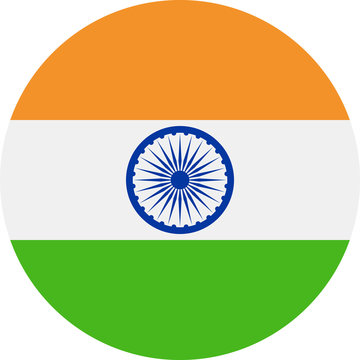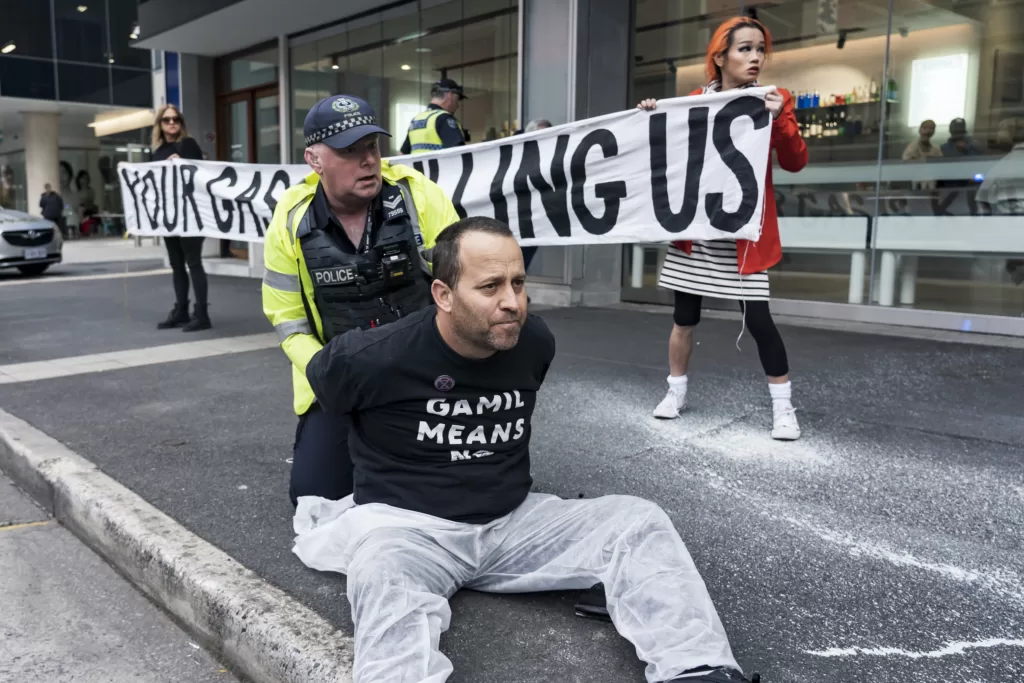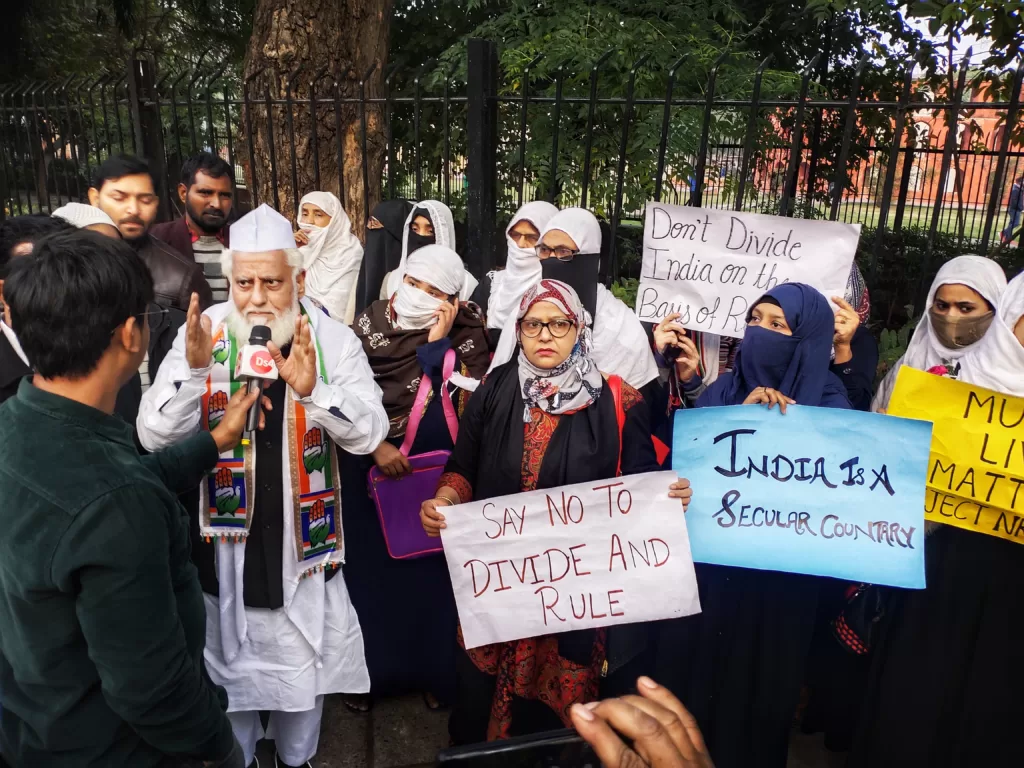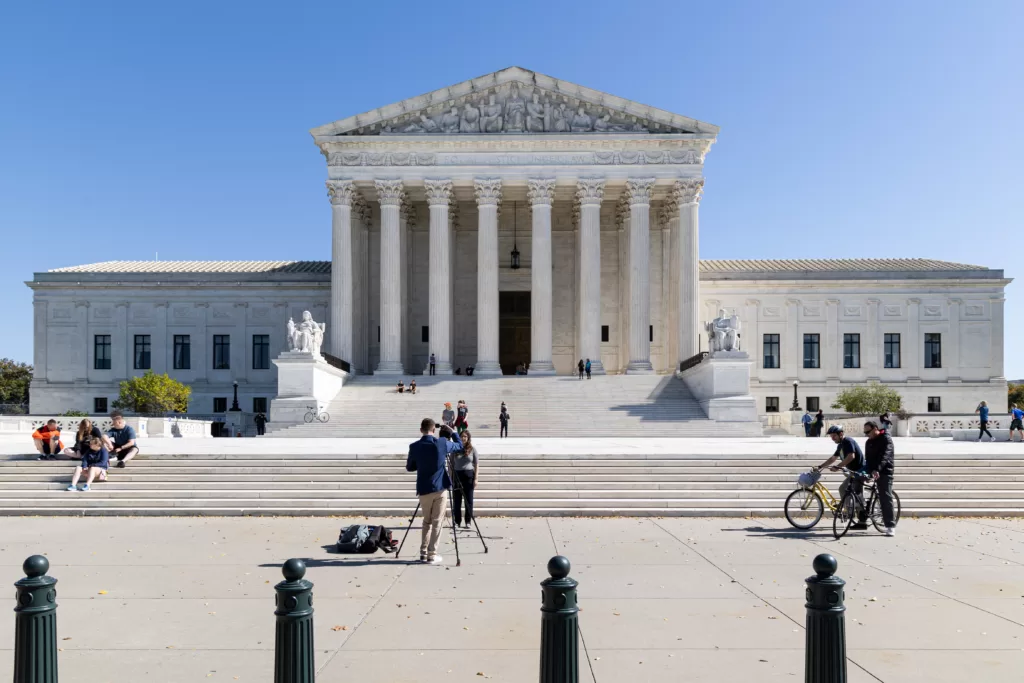We use cookies to improve your experience with Monash. For an optimal experience, we recommend you enable all cookies; alternatively, you can customise which cookies you’re happy for us to use. You may withdraw your consent at any time. To learn more, view our Website Terms and Conditions and Data Protection and Privacy Procedure.
Regressive laws in democracies
Published on August 30, 2023Laws and policies that limit civil liberties, from immigration to free speech, are becoming more prominent in democracies around the world.
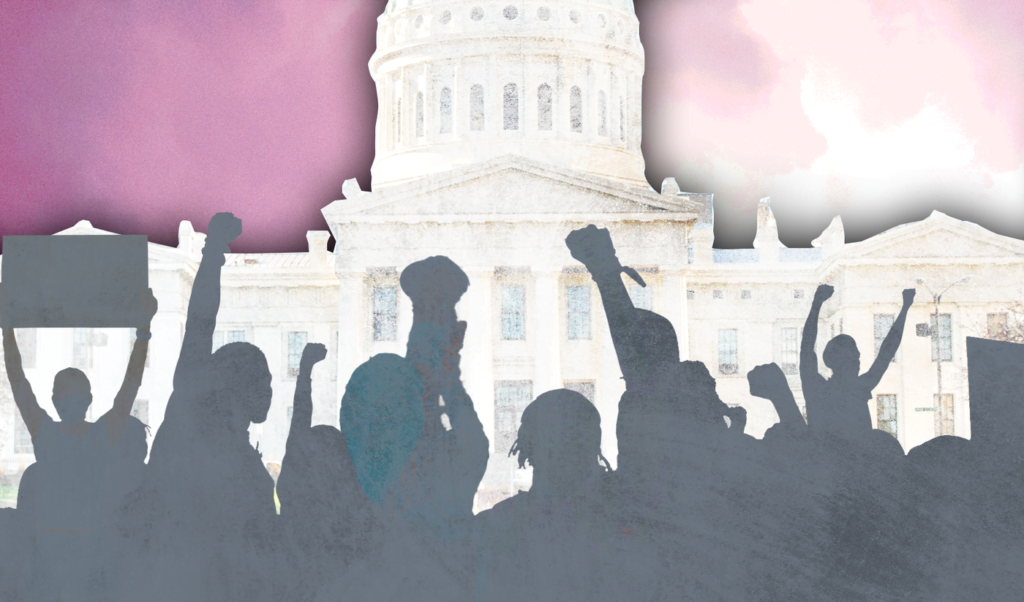 Across the globe, nations that claim to be democracies are implementing regressive laws that undermine core democratic values. : Michael Joiner, 360info CC by 4.0
Across the globe, nations that claim to be democracies are implementing regressive laws that undermine core democratic values. : Michael Joiner, 360info CC by 4.0
Laws and policies that limit civil liberties, from immigration to free speech, are becoming more prominent in democracies around the world.
The use of regressive laws is increasing around the world, including in many democratic countries, eroding civil liberties and undermining the essence of democracy itself.
The United States has weaponised the issue of border security, with policies targeting migrants infringing on basic rights. In India, a controversial citizenship law and sedition act raise concerns about the suppression of dissent
In Brazil, President Luiz Inácio Lula da Silva confronts the task of reclaiming democratic values after his predecessor’s tenure undermined democracy with regressive policies.
Malaysia still grapples with repressive laws to silence dissent and stifle free speech, while Australia’s lack of a constitutional bill of rights makes for a complicated debate around laws restricting the right to protest.
With the growing influence of such laws, 360info sheds light on the challenges posed to fundamental freedoms and the urgent need to safeguard the core principles of democracy.
Editors Note: In the story “Regressive laws” sent at: 28/08/2023 07:17.
This is a corrected repeat.


